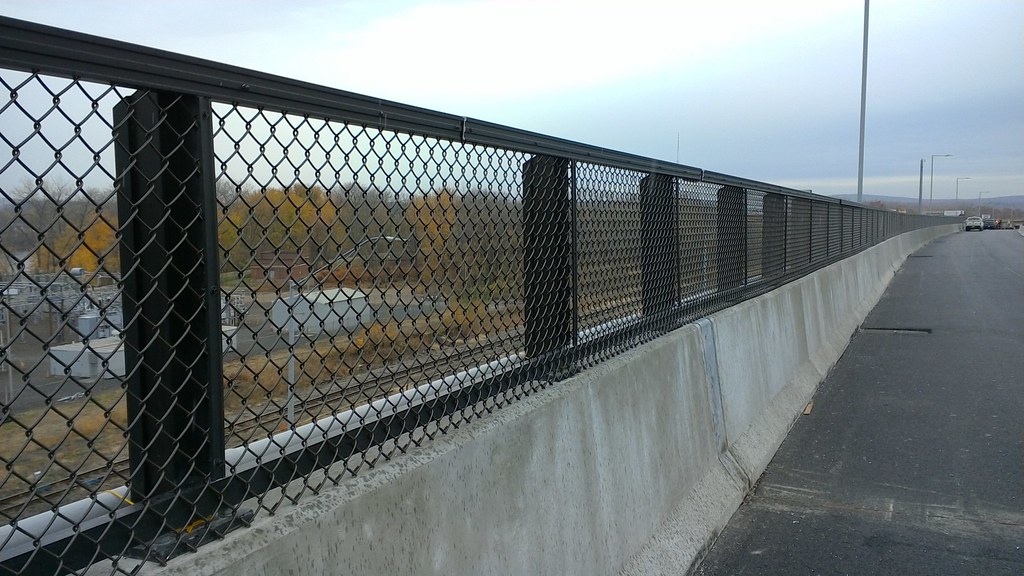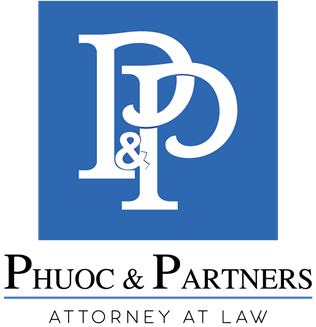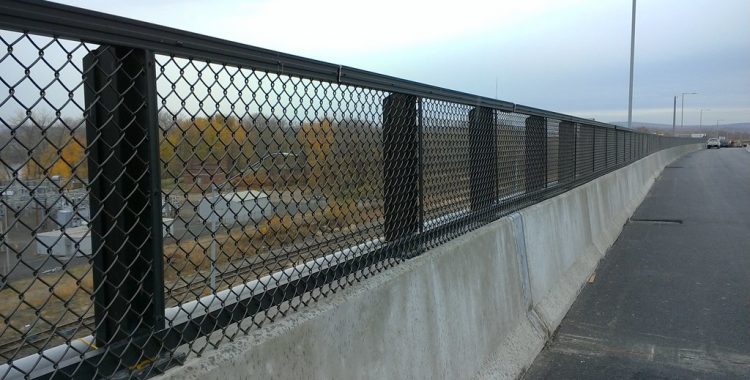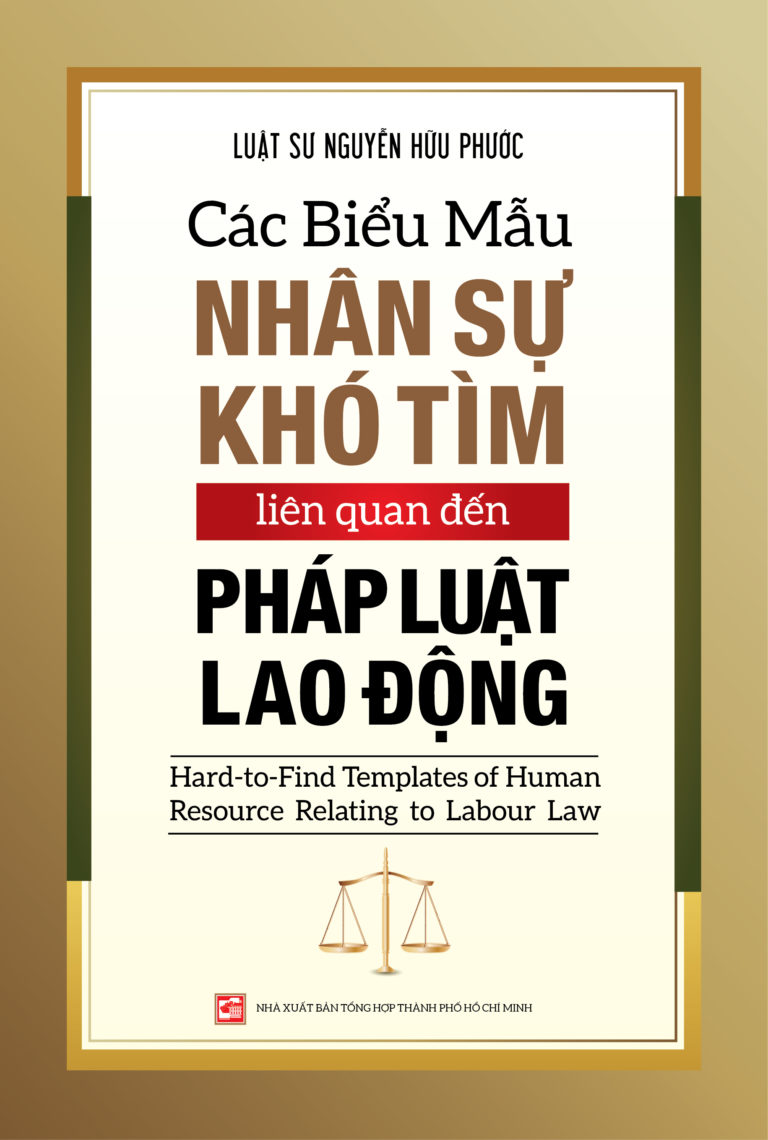Top 10 Biggest Barriers When Investing In Vietnam
Vietnam is widely considered to be an attractive investment destination. However, foreign investors who are about to do their business in Vietnam should consider the 10 biggest barriers when investing in Vietnam as follows.
Firstly, under Vietnamese law, there are investment conditions for foreign investors. The Investment law 2014 lists out 267 conditional investment sectors in Appendix 1, which are detailed either in specialised laws governing the particular sector or in international commitments, such as Vietnam’s WTO Commitments. Accordingly, there are limitations for foreign investors on investing in Vietnam.
Secondly, foreign investors may be subjected to a number of taxes, namely enterprise income tax, value-added tax, special consumption tax, and import and export duties. Taxation is one of the most cumbersome business processes in Vietnam as it requires substantial time and money from foreign investors.
Thirdly, obtaining a work permit for foreign employees in Vietnam may be laborious work. In general, expatriate employees who work for more than 3 months are required to have a work permit. It’s the employers who are responsible for these procedures. There are pre-recruitment procedures that require the employers to submit their annual report which proves their need for foreign employees. The length of work permits only last for two years. After that, there would be conditions to receive the permit extension again.
Fourth, protecting intellectual properties may be a worrying matter when foreign investors target investing in Vietnam. Vietnam has access to various international treaties relating to intellectual property. Besides, under Vietnamese law, a wide range of intellectual property rights including copyright, trademarks, industrial designs and inventions are recognised and protected. In fact, infringements of intellectual property rights happen regularly, and the procedures needed to be taken to protect foreign investors’ rights on intellectual property could be extremely laborious.
Fifth, the new 2018 Law on Competition coming to effect on July 1, 2019 expressly expands its scope by covering all practices which have or may have a competition restraining impact on Vietnam’s market. Compared with the old law, there have been many changes, especially relating foreign investors investing in Vietnam. Hence foreign investors doing their business in Vietnam should pay attention to this matter in order not to break the law.
Sixth, obtaining the construction permit in Vietnam is not easy. Foreign investors must work with many authorities, such as the Department of Construction, the Firefighters Prevention Department, the Department of Natural Resources and Environment and the municipality.
Seventh, Vietnam’s banking and finance sectors remain tightly controlled. Foreign investors cannot establish a finance company in the form of a shareholding company through investment in Vietnam. Besides, a foreign investor acquiring a stake in a limited liability finance company must not be a strategic shareholder, owner or founding member of any other credit institutions in Vietnam.
Eighth, right to land in Vietnam is restricted. Under Vietnam’s Constitution, all land is collectively the property of all the people of Vietnam.
Ninth, sustainable development is gradually raising public interest. Vietnamese government is evolving laws on protection of the environment. Foreign investors are responsible for more activities, e.g. carrying out environmental protection measures in the manner set out in their environmental impact assessment report or environmental protection plan. All large investment projects require an approved environmental impact assessment report increasing the effort from foreign investors.
Finally, when there are disputes arising out of investment projects during the process of investing in Vietnam, the questions of governing law and dispute resolution forum often make foreign investors frustrated. Good choices may have a major impact on their case. Luckily, foreign investors could call on a law firm’s assistance in all the above matters.
Maybe You’re interested in: The Benefits And The Risks Of Investment In Vietnam
If you are having difficulty with investment in Vietnam, please contact us: P & Associates is a professional law firm established in Vietnam and currently has nearly 100 members working at three offices in Ho Chi Minh City, Hanoi and Da Nang. P & Associates are also considered to be one of the leading law firms specialising in law on business in Vietnam, which has a number of notable practice fields in the legal market such as Labour and Employment, Banking Law, Taxes, Purchases, Selling and Merging, Litigation, IPO advisory services and Intellectual Property. We are confident to provide clients with legal services optimally and effectively.
Click this Link to view PDF format












